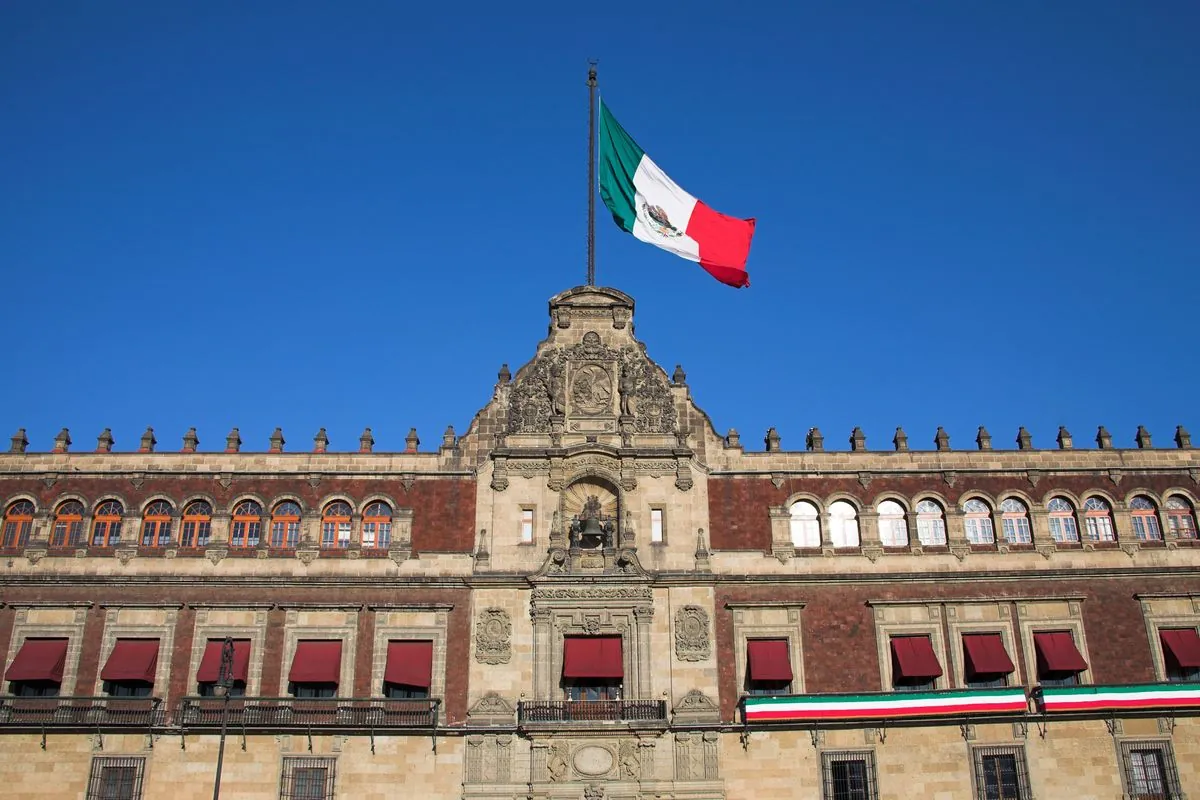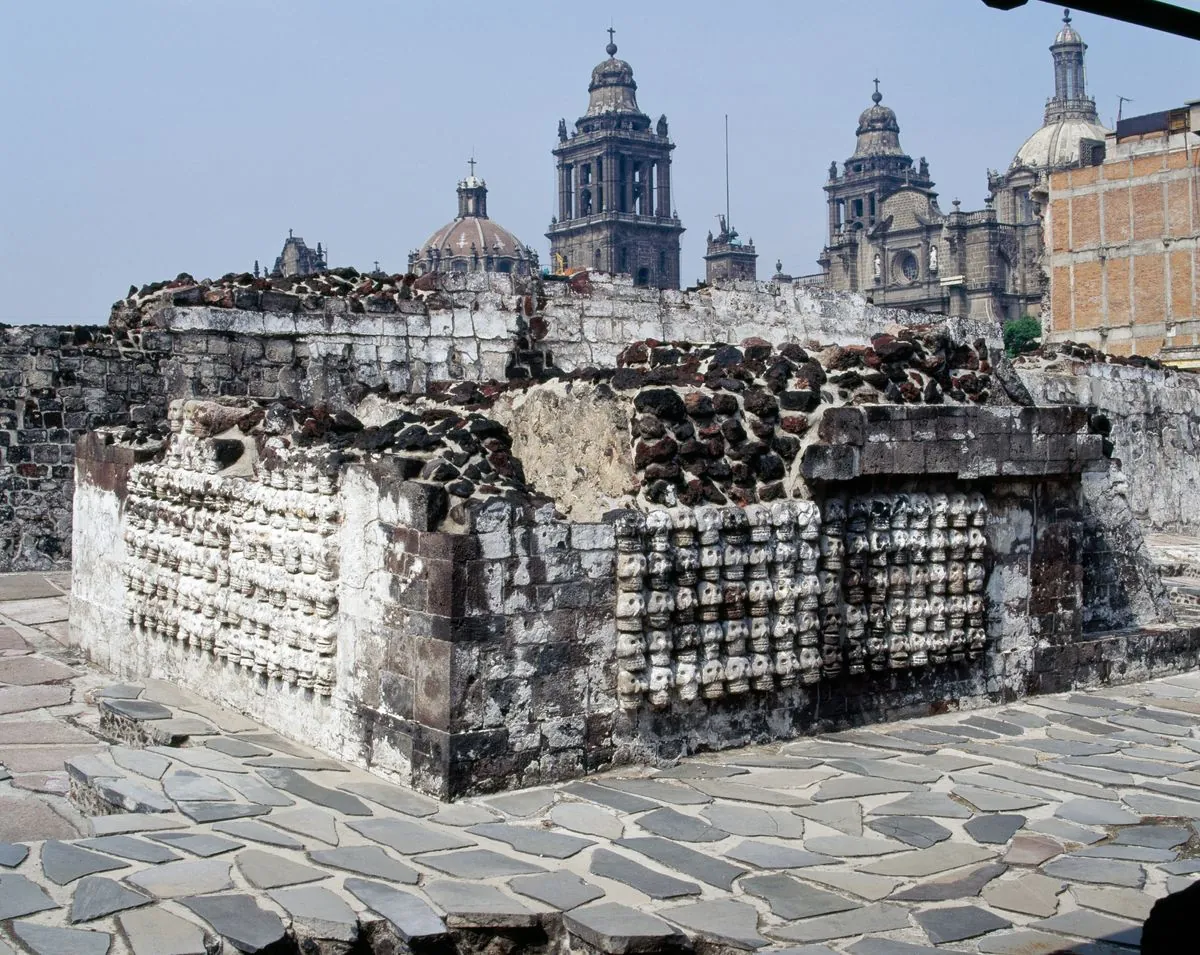Mexico-Spain Rift Deepens Over Royal Snub at Presidential Inauguration
Diplomatic tensions rise as Mexico's incoming president defends decision to exclude Spanish king from inauguration. Spain's PM calls snub "unacceptable," rooted in unresolved colonial-era grievances.

A centuries-old dispute has resurfaced, straining diplomatic relations between Mexico and Spain. The controversy centers around Mexico's decision to exclude King Felipe VI of Spain from the upcoming presidential inauguration, scheduled for October 1, 2024.
President-elect Claudia Sheinbaum defended the decision, citing Spain's failure to address Mexico's request for an apology regarding colonial-era abuses. This request dates back to 2019 when outgoing President Andres Manuel Lopez Obrador sent a personal letter to the Spanish monarch seeking acknowledgment of historical injustices.
The Spanish conquest of Mexico, which occurred between 1519 and 1521, led by Hernán Cortés, resulted in the fall of Tenochtitlan, one of the world's largest cities at the time. This event marked the beginning of 300 years of Spanish rule in Mexico, known as New Spain, which profoundly impacted the region's culture, language, and demographics.

Spain's response to the exclusion has been swift and critical. Prime Minister Pedro Sanchez described the snub as "unacceptable" and "inexplicable," announcing that Spain would not send any diplomatic representatives to the inauguration in protest.
This diplomatic rift highlights the ongoing debate about how nations should address historical injustices in contemporary international relations. The Spanish conquest introduced Catholicism to Mexico, which remains the dominant religion, and led to the establishment of the encomienda system, used to exploit indigenous labor. The introduction of European diseases also had a devastating impact on the native population.
Mexico's independence from Spain, gained in 1821 after an 11-year war initiated by Miguel Hidalgo y Costilla's Grito de Dolores in 1810, marked the end of the colonial era. However, the legacy of this period continues to influence modern Mexican identity and its relationship with Spain.
The concept of mestizaje, or racial mixing, emerged as a result of Spanish and indigenous interactions, shaping Mexico's demographic landscape. The Columbian Exchange, which introduced new crops and animals to both the Old and New Worlds, had far-reaching consequences for global agriculture and cuisine.
"Unfortunately, that letter did not prompt any direct answer."
Sheinbaum's stance echoes the nationalist sentiment often invoked by Lopez Obrador, who has stressed that Mexico is no longer any country's colony. This perspective is rooted in a complex history that includes events such as the Mexican Inquisition, established in 1571 to maintain Catholic orthodoxy, and the destruction of pre-Columbian artifacts like the Aztec codices.
The dispute also touches on broader issues of cultural heritage and repatriation. In 2019, Lopez Obrador sought the return of pre-Hispanic books and artifacts held in European museums and libraries, highlighting the ongoing debate about the ownership and display of cultural treasures acquired during colonial times.
As Mexico prepares for its presidential transition, this diplomatic tension serves as a reminder of the enduring impact of historical events on contemporary international relations. The Siege of Tenochtitlan, which lasted 93 days before the city fell to the Spanish, and figures like La Malinche, Cortés's controversial indigenous interpreter, continue to resonate in discussions about Mexico's past and its relationship with former colonial powers.
The Treaty of Córdoba, signed in 1821, may have recognized Mexican independence from Spain, but the complex legacy of their shared history remains a subject of ongoing negotiation and reflection in both nations' corridors of power.


































